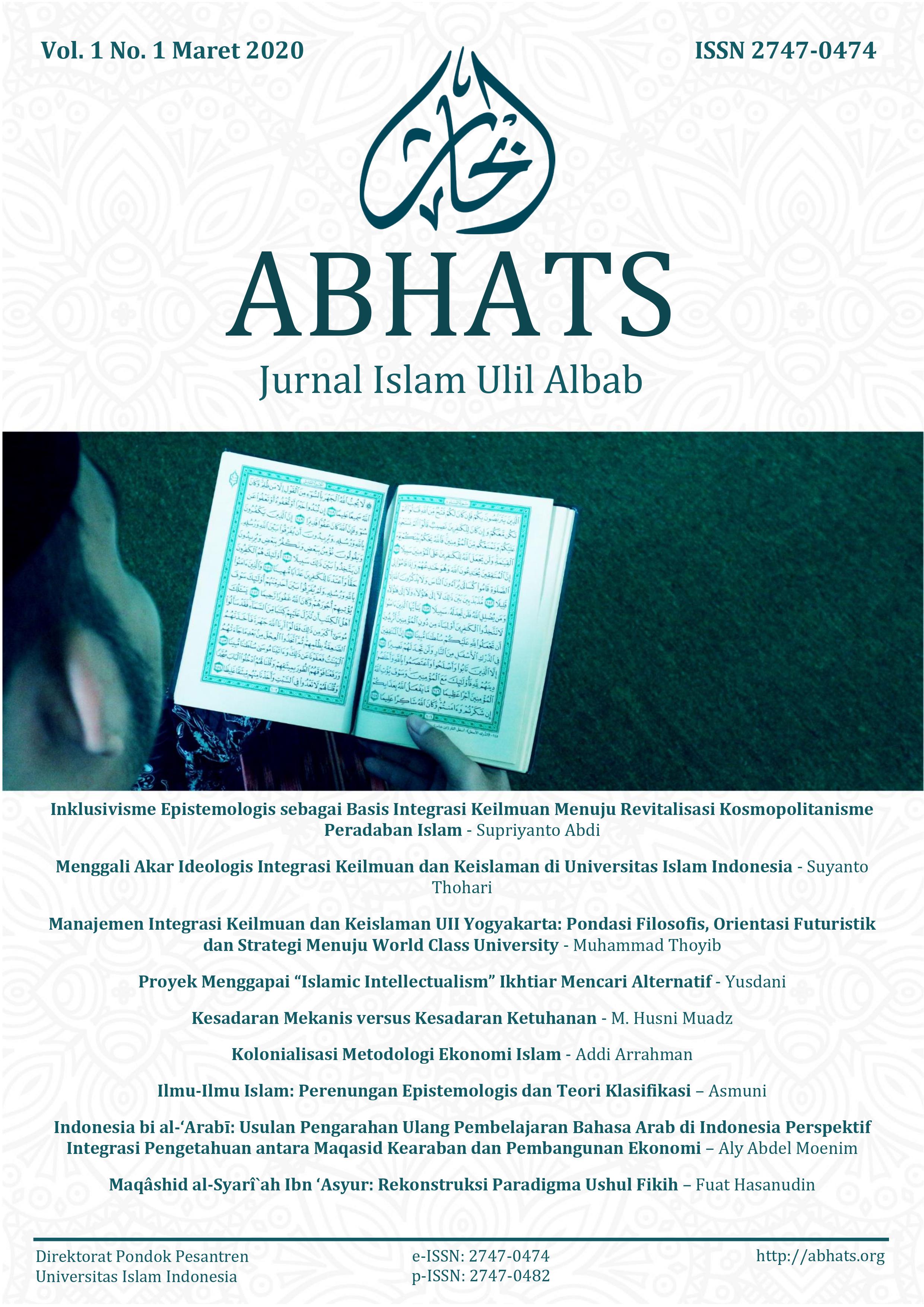Main Article Content
Abstract
In the last few decades, tensions between Islamic and Western epistemologies and the extent to which the two can be reconciled or integrated have been hotly debated in the Muslim world with a variety of ideas, approaches and models offered by various Muslim scholars, academic institutes, and Islamic universities. This paper attempts to review this debate focusing on three main approaches widely discussed by many Muslim scholars especially in Indonesia: (1) Islamization of knowledge; (2) scientification of Islam; and (3) integration and interconnections of knowledge. These approaches will be critically examined, especially in relation to the extent to which they provide a desired and relevant epistemological basis for developing integration of knowledge in contemporary Islamic education. This paper will also discuss the extent to which civilizational and epistemological inclusivism, advanced by many progressive Muslim thinkers, offers an alternative epistemological basis for the development of integration of knowledge in Islamic higher education today. The paper argues that for Muslims to be able to constructively engage with their own tradition and modernity, and positively contribute to solving the global and universal human problems, epistemological inclusivism provides a more solid basis for the development of integration of knowledge in the Islamic world, especially in the context of revitalizing the highly cosmopolitan character of Islamic civilization.
